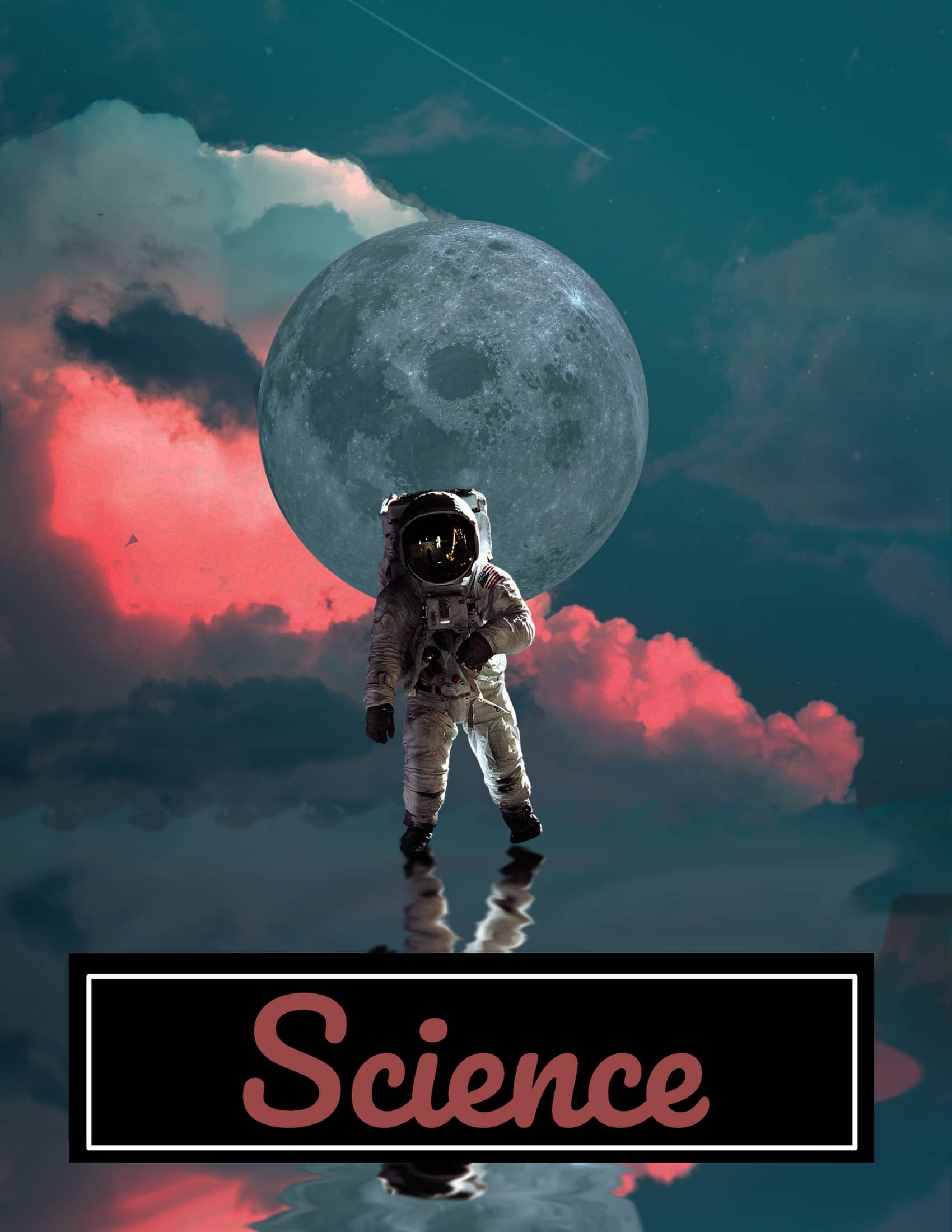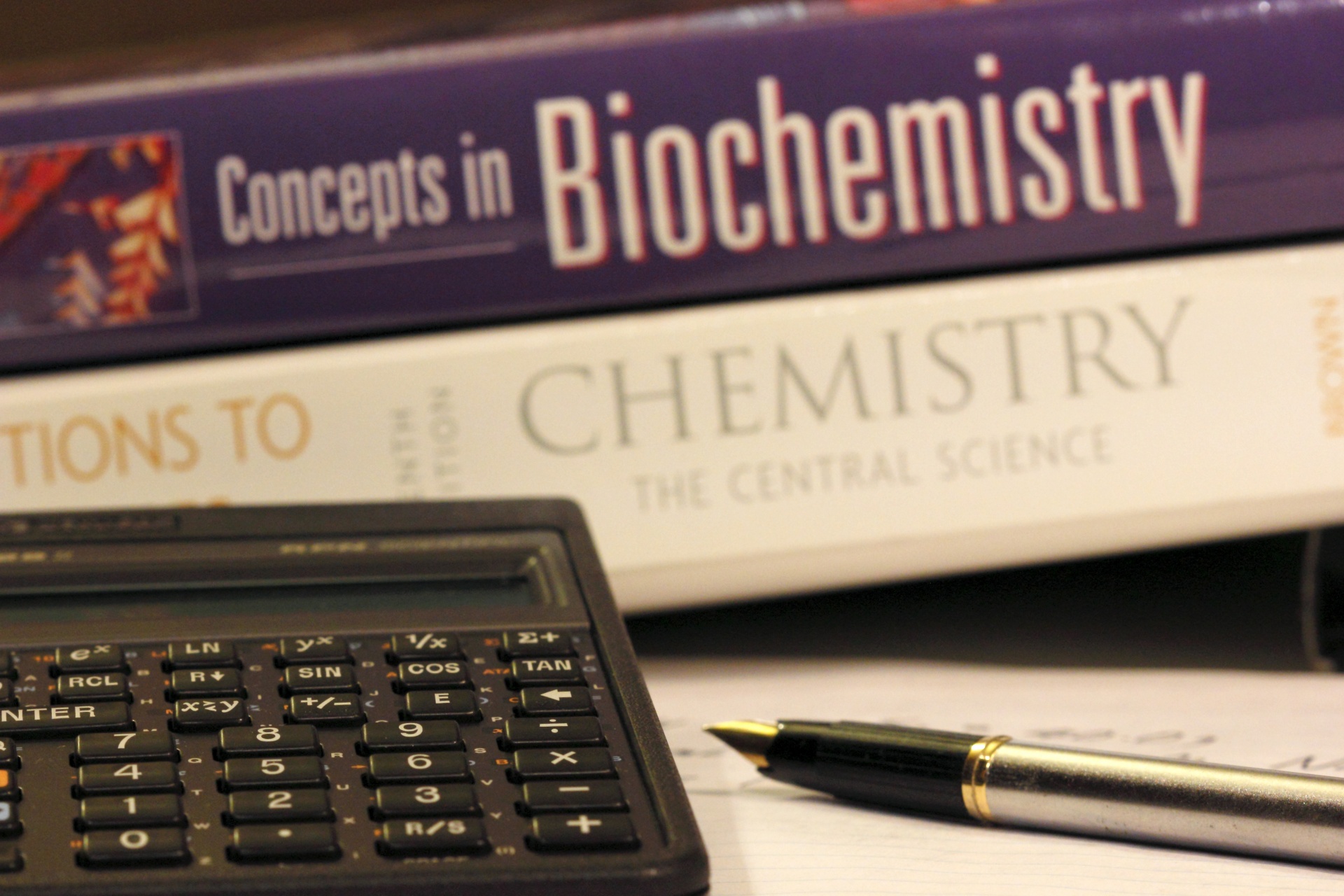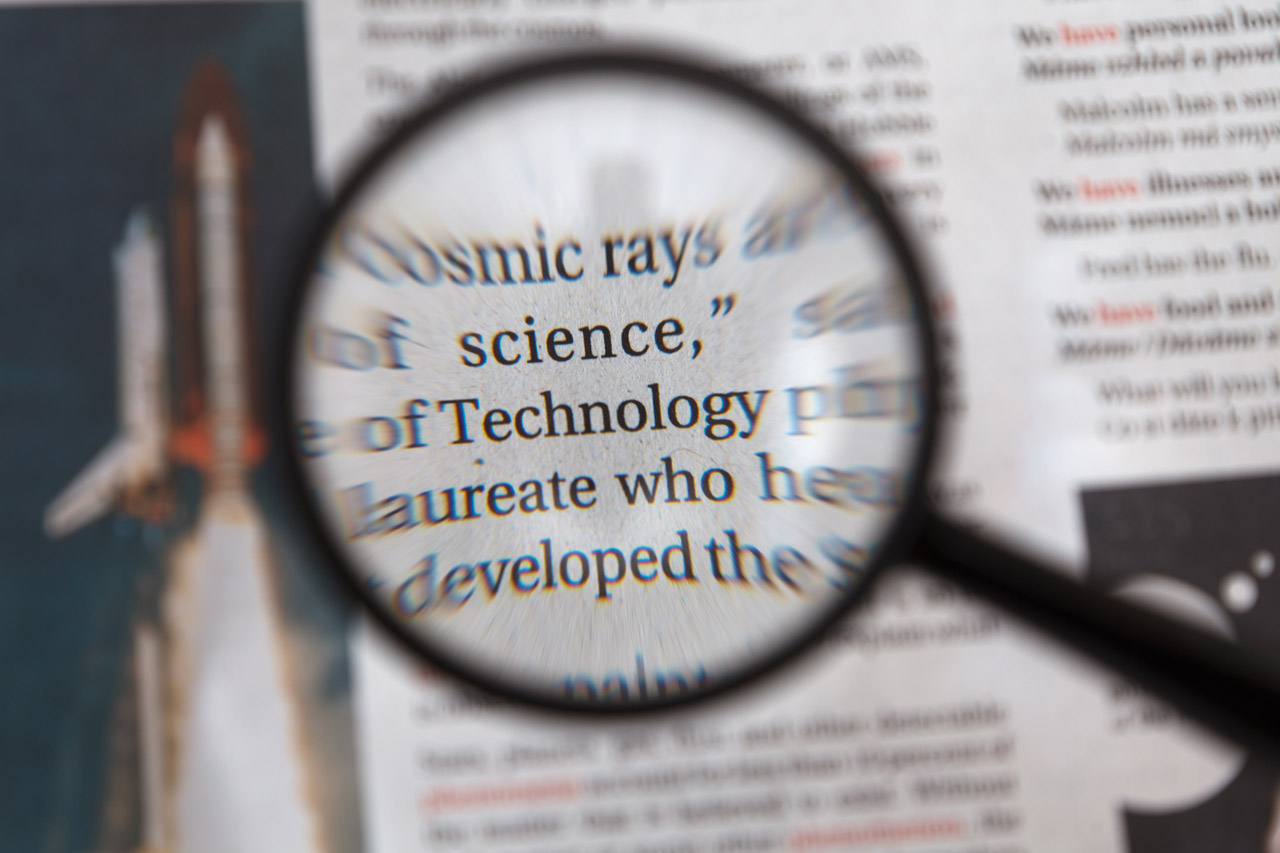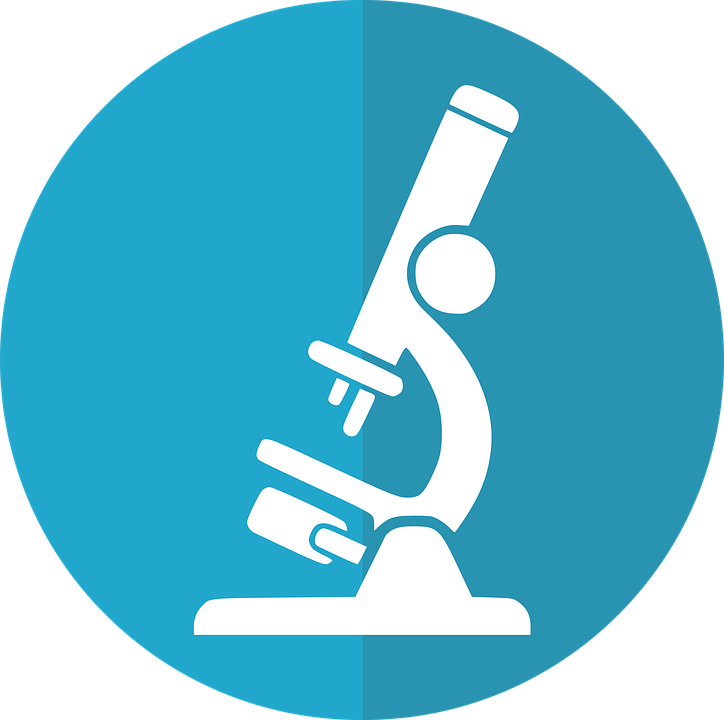· a drug with a novel mechanism protects people against the aids virus for 6 months. A neuromorphic e-skin system simultaneously emulates closed-loop sensory encoding and mechanical softness of natural skin. The thermal stability of the cu … · huanglongbing (hlb) is a devastating citrus disease. In this work, we report an hlb resistance regulatory circuit in citrus composed of an e3 ubiquitin ligase, pub21, and its … · science/aaas peer-reviewed journals deliver impactful research, daily news, expert commentary, and career resources. In this work, we fabricated a subretinal nanoprosthesis using … Programmable gene integration in human cells has the potential to enable mutation-agnostic treatments for loss-of-function genetic diseases and facilitate many applications in the life … We analyzed a global database of soil pollution by arsenic, cadmium, cobalt, … · science is the leading multidisciplinary, international journal of peer-reviewed research including analysis and news coverage of breakthroughs and policy. · glaciers adapt slowly to changing climatic conditions, with long-term implications for sea-level rise and water supply. Using eight glacier models, we simulated global glacier … It could speed the end of the epidemic—if those who need it most get access · present vision restoration technologies have substantial constraints that limit their application in the clinical setting. · we present a bulk nanocrystalline copper alloy that can operate at near-melting temperatures with minimal coarsening and creep deformation. · toxic metal pollution is ubiquitous in soils, yet its worldwide distribution is unknown.
Science'S Biggest Failure: The Arsenic Life Paper Retraction Explained
· a drug with a novel mechanism protects people against the aids virus for 6 months. A neuromorphic e-skin system simultaneously emulates closed-loop sensory encoding...









